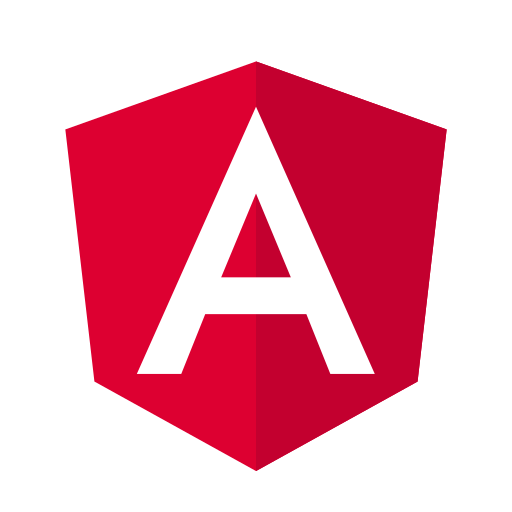Voice search takes search engine optimization to the next level. Find out how to prepare your content for this here! ... Continue reading


Angular is a powerful framework for the development of single-page web applications (SPAs). It is developed by Google and a dedicated community. Since its introduction, Angular has established itself as one of the leading tools for creating dynamic and responsive web applications. Based on TypeScript, Angular provides a solid foundation for developers to create sophisticated applications that provide a smooth user experience on desktop and mobile platforms.

Figure 1: Angular logo
Source: Angular
Angular was first released in 2010 under the name AngularJS. This early version was a milestone in the development of web applications and laid the foundation for the modern Angular framework.
In 2016, a completely revised version was introduced, which is often referred to as Angular 2+. In particular, the switch from JavaScript to TypeScript as the primary programming language meant that the new version set a milestone, also in terms of performance, scalability and range of functions.
Angular is a comprehensive frontend framework that provides developers with tools and libraries to create modern and user-friendly web applications. It enables the development of applications that run smoothly on desktop and mobile devices and offer powerful, interactive user interfaces.
Directives are a central component of Angular. They are used to extending or change the behavior of DOM elements. There are three main types of directives in Angular: Components, Attribute Directives and Structure Directives.
Component directives implement the principle of web components and make them available via custom HTML tags. Components enable reusability and easier maintainability.
Attribute direct ives extend existing HTML tags with custom attributes.
Structure directives make it possible to include display logic in the HTML and to change the structure of the DOM by adding or removing elements and showing or hiding them. (*ngFor, *ngIf etc.)
A frequently discussed topic in web development is the comparison between Angular, React and Vue. These frameworks (or libraries in the case of react) are currently the most popular tools for creating modern web applications. Angular offers a comprehensive solution with built-in functions and strong typing through TypeScript. React, developed by Facebook, is a library that focuses on the creation of UI components and can be supplemented by a wide range of extensions. Vue is a progressive framework that is known for its simplicity and flexibility and offers an easy learning curve.
Criteria | Angular | React | Vue |
|---|---|---|---|
Developer | Google and community | Facebook and community | Evan You and community |
First released | 2010 (as AngularJS) | 2013 | 2014 |
Programming language | TypeScript | JavaScript | JavaScript |
Architecture | Complete framework | Library for UI components | Progressive framework |
Typing | Strong typing with TypeScript | Optional with Flow or TypeScript | Optional with TypeScript |
Rendering | Client-Side und Server-Side | Client-Side und Server-Side | Client-Side und Server-Side |
Learning curve | Steep | Moderat | Flat |
Popularity | Widely used in Enterprise | Am weitesten verbreitet | Increasingly popular |
Components | Declarative and modular | Most widely used | Declarative and simple |
Community and ecosystem | Large community and extensive ecosystem | Very large community and diverse ecosystem | Growing community and good ecosystem |
Documentation | Comprehensive | Excellent | Very good |
State Management | RxJS, NgRx | Redux, MobX | Vuex |
Mobile development | Ionic | React Native | NativeScript |
Performance | Good, continuous improvements | Very good | Very good |
Angular is a powerful and versatile frontend framework that is essential for the development of modern web applications. It offers numerous advantages such as support for TypeScript, a modular structure and built-in test functions. With its comprehensive documentation and large community, Angular is a good choice for developers who want to create robust and scalable web applications.
Angular uses basic web technologies such as HTML and CSS for the design and layout of the user interface. By enabling developers to create structured and stylized user interfaces, the framework ensures that applications are not only functional, but also appealing and user-friendly.
You want to learn more about exciting topics?

